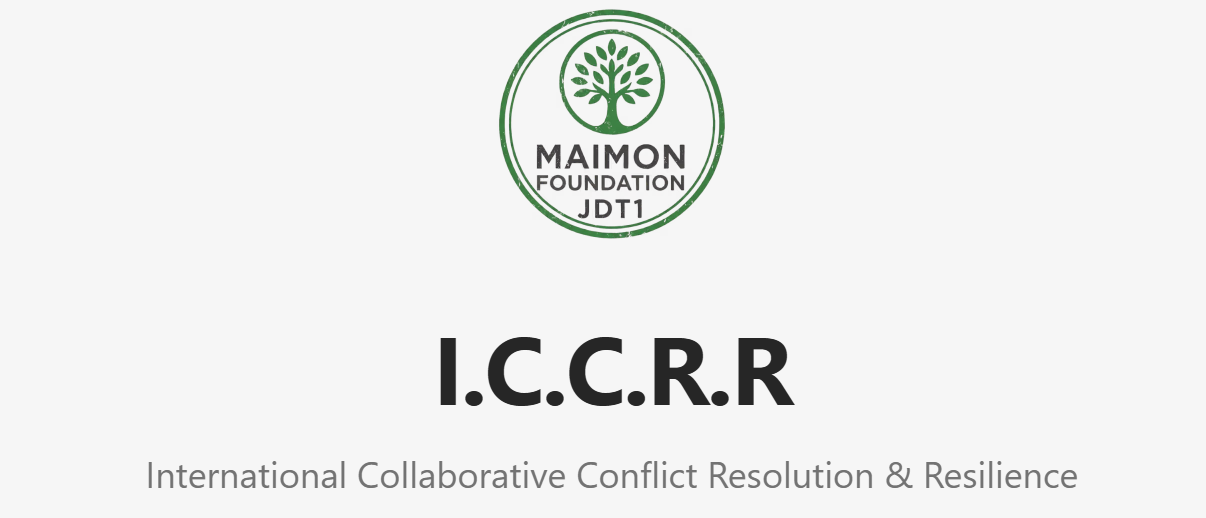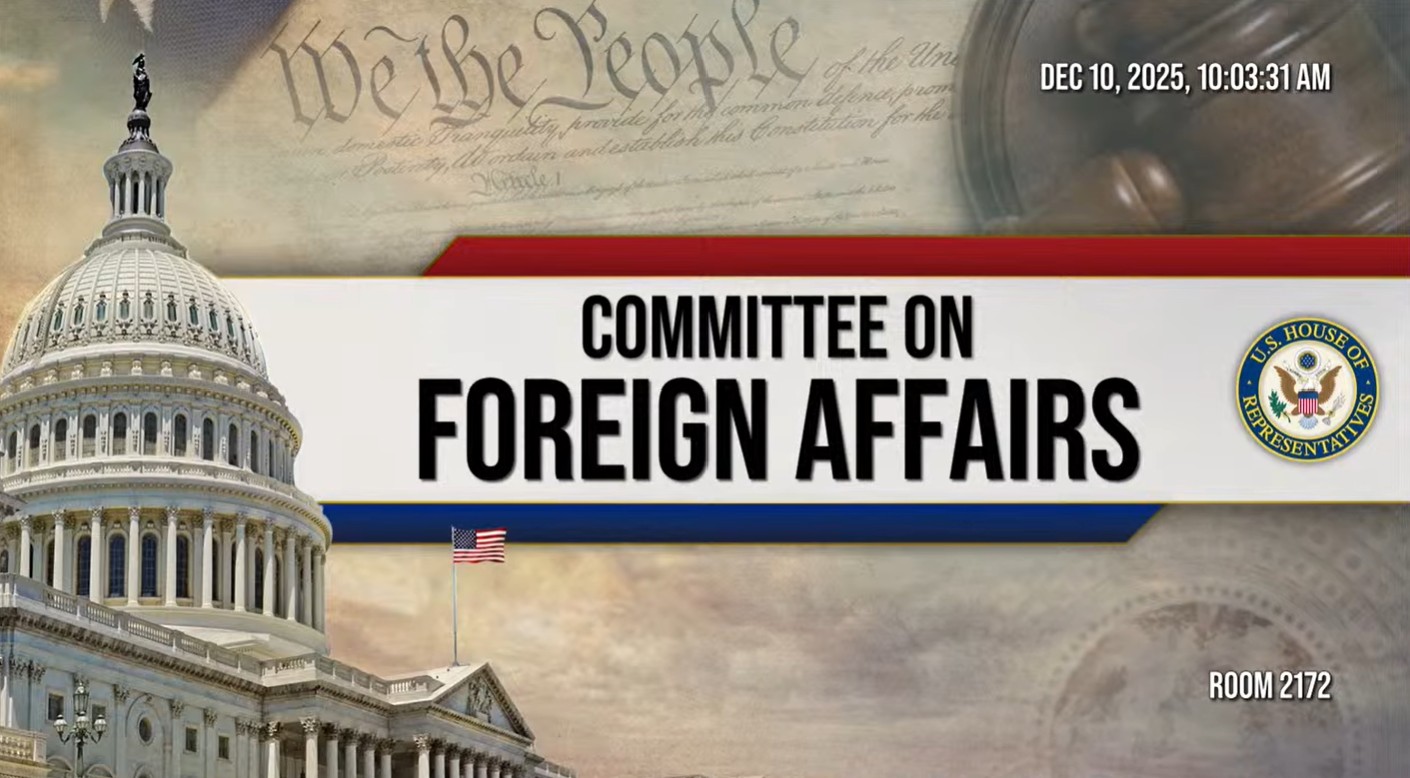In a remarkable ceremony in the White House on 4th September 2020, presided over by US President Trump, Serbia and Kosovo signed agreements to normalize their economic relations. The US-brokered agreements were hailed by the US President as “historic”. In reality they do not constitute a comprehensive “normalization” agreement, but resemble little more than an agreement to carry out a list of previously-agreed projects.
The Form of the Bilateral Agreement
One of the most remarkable aspects was the form of the ceremony at which the agreements were signed, as Professor Tatjana Papic observed:
“The President of Serbia and the Prime Minister of Kosovo signed two separate, non-identical documents, each containing 16 points, all but one of which were the same. The Serbian President and Kosovo’s Prime Minister never exchanged folders with the separate documents they signed, but exchanged them with President Trump. He presented each of them with different letters that he signed … acknowledging the fact that each side signed their particular paper and commending them for doing so. The form of the agreement is peculiar, to say the least; the agreement, such as it is, is clearly a political one, rather than a legally binding document. The form was likely driven by the desire of the Serbian side to avoid even implicitly recognizing Kosovo’s statehood by signing the same instrument.”
The Remarkable Inclusion of a Provision Benefitting Israel
Another remarkable aspect of the agreements is their references to Israel and Jerusalem. Israel was not a party to the agreements, nor have the parties’ positions concerning either Israel or Jerusalem been an issue in the Serbia/Kosovo conflict to date. It would appear that the US required the inclusion of these provisions in the agreements. It is very unusual for a bilateral agreement intended to resolve a dispute between two states to include provisions benefitting a third state that has no interest or involvement in that dispute.
In the document signed by Serbian President Alexander Vucic, Serbia agreed to “open a commercial office, and ministry of state offices, in Jerusalem on 20 September 2020, and to move its Embassy to Jerusalem by 1 July 2021.” In the document signed by Kosovo Prime Minister Avdullah Hoti, it is stated that “Kosovo and Israel agreed to mutually recognize each other”. It is not clear what the legal status of this provision is, given Israel is not a party to the agreement.
Embassy Moves to Jerusalem, Calling into Question EU Common Policy
If Serbia in fact moves its embassy, it will join the US and Guatemala as the only other countries having an embassy in Jerusalem.Some other countries, such as the Czech Republic, have indicated they are considering moving their embassy to Jerusalem.
The European Union – which apparently had not been warned of the provisions concerning Jerusalem and Israel – responded by warning Serbia and Kosovo that they could undermine their EU membership hopes by moving their Israeli embassies to Jerusalem.“There is no EU member state with an embassy in Jerusalem,” European Commission spokesman Peter Stano said. “Any diplomatic steps that could call into question the EU’s common position on Jerusalem are a matter of serious concern and regret.”
The EU’s common foreign policy position is that Israel’s reunification of the city since 1967 is in breach of international law, and it supports the line of UN Security Council resolutions since 1967 (such as UNSC Resolutions 476 and 478) calling for embassies not to be located in Jerusalem.
The EU’s position is part of the EU’s policy – which has been in place since 1973 – that the territories captured by Israel in the 1967 Six Day War are “occupied” territories and not part of the State of Israel. According to the EU, a Palestinian state should be established on this territory, with East Jerusalem as the capital. Israel and some other states (including the US) dispute this position, arguing that Israel is entitled – based, amongst other things, on the Mandate for Palestine – to treat Jerusalem as part of the State of Israel and as its capital.
The Kosovo-Serbia Conflict, a Sensitive Issue
Kosovo and Israel’s agreement on mutual recognition is a very sensitive issue, given the military conflict between Kosovo and Serbia, and Serbia’s refusal to recognize Kosovo as a state since it declared independence in 2008. The EU has – largely without success – been trying to broker agreements between Serbia and Kosovo since 2011. In their agreements signed on 4th September, Kosovo and Serbia agree that Kosovo will not seek accession to international agreements for a period of one year, and Serbia will desist from seeking other states not to recognize Kosovo.
A Trend to Improve Relations with Israel
This recent event is another step in the remarkable developments in recent weeks, in which the US has played a central role in facilitating agreements in which states undertake to improve their relations with Israel. In this respect, the Serbia/Kosovo agreements build on the agreements recently signed between Israel and the United Arab Emirates (UAE) and Bahrain to “normalize” relations.
Rather predictably, the Palestinian leadership has rejected all these agreements. Top PLO official and Palestinian negotiator Saeb Erekat tweeted: “The Trump Administration once again shows their full commitment with the violation of international law, UN resolutions and denial of Palestinian rights by encouraging nations to illegally recognize annexed Jerusalem as Israel’s capital.”



